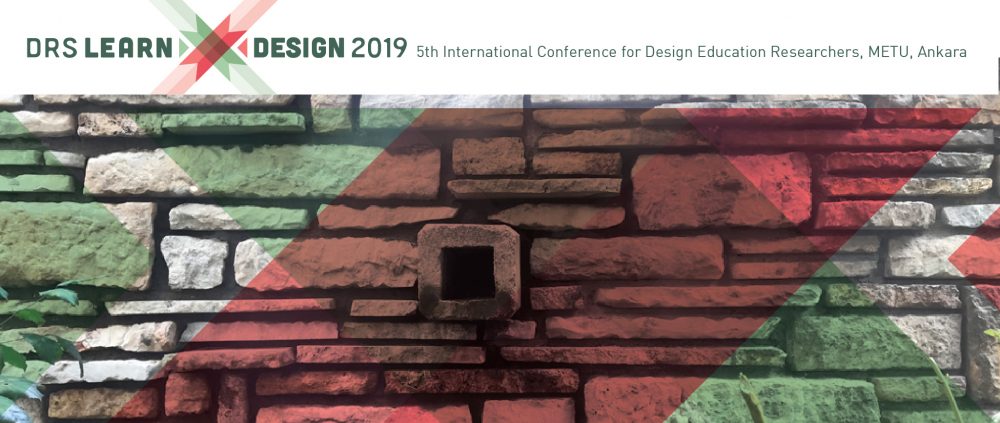Track 07. INTERCULTURAL COLLABORATION IN DESIGN EDUCATION
Co-chairs


Yasuko Takayama, Dr., Department of Design, Shizuoka University of Art and Culture, Japan.
A. Can Özcan, Dr., Department of Industrial Design, İzmir University of Economics, Turkey.
The ability to work effectively in a global environment has become essential for designers in the current workplace. Educational institutions need to nurture student skills not only from a design skills perspective that takes into consideration a broad worldview, but also from an intercultural perspective that incorporates the necessary communication skills, cultural sensitivities and flexibility. Design schools around the world have been collaborating through international events such as design workshops, summer schools, or design projects for the generation of solutions developed by intercultural student teams. Since 2014, we have been conducting the annual series of International Collaboration Workshops between Turkey and Japan. In addition to the aforementioned educational objectives, these workshops have proven to be beneficial for the instructors regarding the management of the differences in educational approaches and cultural traditions between the participating countries. It also provided the instructors with the opportunity to conduct joint research. Furthermore, the design solutions developed by the intercultural student teams have attracted the attention of local industries. Based on these arguments and experiences, we suggest that in situ intercultural collaboration has significant benefits and implications for design education, research and practice. We expect to uncover further insights through your experiences concerning international or intercultural collaborations in design education. This track would like to explore, but is not limited to, the following topics:
- International collaboration in design education
- Intercultural design student teams
- International workshops, summer schools, projects, etc.
- Intercultural management
Bibliography
Börekçi, Naz A.G.Z. and Korkut, F. (2017). Collaborating with external partners in industrial design education: A review of success factors. In G. Pritchard and N. Lambert (Eds.), Proceedings of LearnX Design London 2017 Conference (pp. 183-191). Ravensbourne, 27-30 June 2017. London: Ravensbourne Publications.
Jones, K.A. and Jones, J.L. (2008). Making Cooperative Learning Work in the College Classroom: An Application of the ‘Five Pillars’ of Cooperative Learning to Post-Secondary Instruction. The Journal of Effective Teaching, 8(2), 61-76.
Morelli, N. and DeGötzen, A. (2017). A multilevel approach for social transformations and its implications on service design education. In L. Di Lucchio, L. Imbesi and P. Atkinson (Eds.), Design for Next: Proceedings of the 12th European Academy of Design Conference (pp. 803-813). Sapienza University of Rome, 12-14 April 2017. The Design Journal, No. Suppl. 1, Vol. 20, S803-S813.
Simonsen, J. and Robertson, T (Eds.). (2012). Routledge International Handbook of Participatory Design. London: Routledge.
Takayama, Y. and Sarich, E. (2017). Developing an International Design Workshop Methodology: Based on a Design Workshop between a Japanese and a Turkish University. International Journal of Affective Engineering, 17(2): 57-66.
